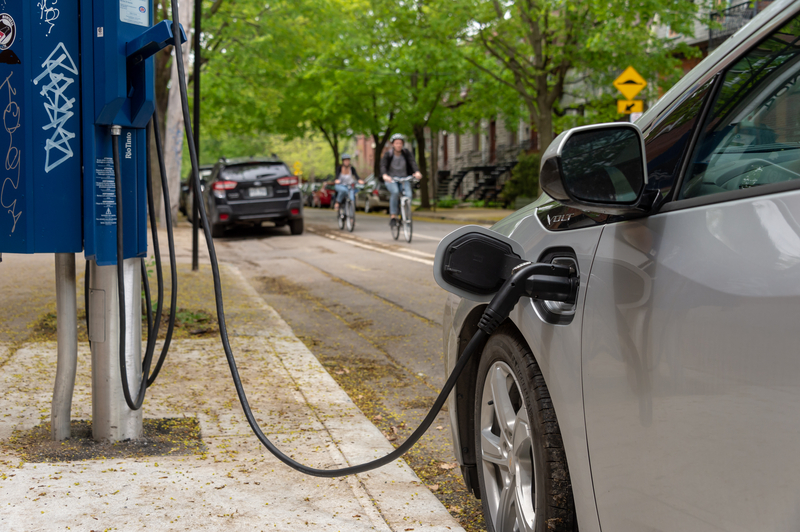TRENTON, NJ—It’s no secret that New Jersey Governor Phil Murphy wants to ban the sale of gasoline-powered cars by 2035, just ten years from now. The governor’s goal is to switch from gasoline-powered cars to electric cars for most everyday use.
This ambitious agenda would also involve school buses, delivery trucks, government vehicles, and other utility vehicles necessary for every day life in the Garden State.
The widespread adoption of electric vehicles (EVs) represents a significant shift in transportation, and politicians like Governor Murphy promise it will reshape various aspects of society, whether you want it or not.
But what would happen if everyone listened to the governor and bought an electric vehicle today. Is New Jersey actually ready for such a radical switch?
If everyone switched to electric vehicles today, the implications would be vast and multifaceted, ranging from the energy grid’s capacity to support the increased demand to transforming urban landscapes and individual lifestyles.
The transition to an all-electric vehicle fleet would place unprecedented demands on the energy grid. While electric vehicles offer environmental benefits, the current infrastructure may struggle to accommodate the sudden surge in electricity consumption. Upgrading the grid to handle the increased load would be imperative to prevent overloads and ensure a reliable power supply for transportation and other essential needs.
A key concern in transitioning to electric vehicles is the availability of charging infrastructure. While significant progress has been made in expanding charging networks, a sudden shift could strain existing stations and necessitate rapid expansion. Ensuring widespread access to charging points, including in rural and underserved areas, would be crucial to support the widespread adoption of electric vehicles and alleviate concerns about range anxiety.
Many people would go without the ability to charge their cars to get to work or buy groceries. The greatest negative impact would be in the underserved and impoverished community, where city dwellers would be hit the hardest.
The transition to electric vehicles presents unique challenges for people living in cities and large apartment buildings. Limited access to personal parking spaces and the absence of home charging options could hinder adoption rates among urban dwellers. Innovative solutions such as community charging hubs and incentives for property developers to install charging infrastructure would be essential to address these obstacles and facilitate the integration of electric vehicles into urban lifestyles.
The widespread adoption of electric vehicles would inevitably lead to the decline of gas-powered cars. While this shift holds promising environmental benefits, it also raises concerns about the fate of existing vehicles and the automotive industry’s transition. Strategies for responsibly phasing out gas-powered cars, such as offering incentives for vehicle scrappage and supporting the development of sustainable alternatives, would be essential to mitigate economic disruptions and minimize environmental impact.
The reality is that while New Jersey would go to electric vehicles, those vehicles would be packed onto cargo ships and sent to other countries, so there would be no real net global emissions savings. They would also be shipped to other states for resale. Nobody is going to scrap a perfectly good gas-powered vehicle.
For the average person, life in a world dominated by electric vehicles would bring both opportunities and challenges. The lower operating costs of EVs, coupled with reduced emissions and noise pollution, could lead to improved air quality and quality of life. However, concerns about charging infrastructure, range limitations, and the availability of affordable electric vehicles could present barriers to widespread adoption.
Education and outreach initiatives to promote awareness and understanding of electric vehicle technology would be crucial to empower consumers to make informed decisions and embrace the transition to sustainable transportation.
It won’t be easy. In fact, it would be such a radical shift in society that it could alter the demographics in New Jersey. Businesses could leave since their workers can’t get to work.
There doesn’t appear to be much short-term thought into the EV revolution here in New Jersey.
In conclusion, the widespread adoption of electric vehicles represents a transformative shift that holds the potential to revolutionize transportation and mitigate the environmental impacts of fossil fuel dependency. However, realizing this vision requires careful planning, investment in infrastructure, and collaborative efforts to address the various challenges and opportunities associated with the transition to electric vehicles. By taking decisive action now, we can pave the way for a more sustainable and prosperous future for generations to come.
